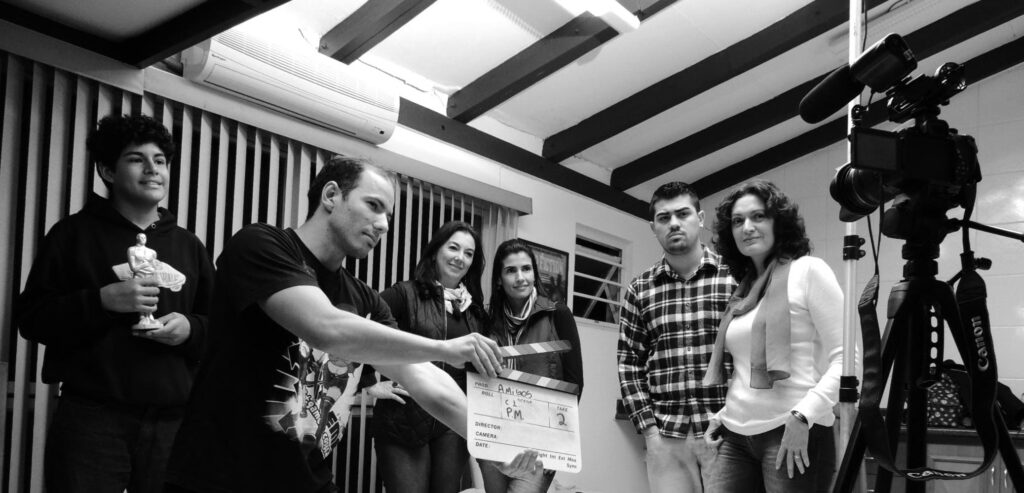Reality TV is high-stakes storytelling—and your cast isn’t playing a role. That makes background checks for reality TV contestants and crew more important than ever.
Unlike scripted productions, reality shows often feature individuals with limited public experience, making thorough vetting critical to avoid legal issues, PR crises, and even physical risk on set.
Why Reality TV Poses Unique Risks
Unscripted shows blur the line between entertainment and real life. When a contestant’s past behavior or criminal record surfaces mid-season, the fallout can be explosive—both reputationally and financially. A 2022 Variety report noted that lawsuits and public backlash against reality shows have increased 40% over the past five years, largely due to incidents involving unvetted talent.
In high-profile cases, networks have faced multi-million-dollar settlements over cast behavior that could have been flagged with proper checks.
What to Screen For
Effective background checks in reality TV should go beyond standard criminal history searches. Key elements include:
- Social media screening (to catch hate speech, harassment, or extremist content)
- Civil litigation checks (past lawsuits or restraining orders)
- Sex offender registry searches
- Financial background (especially for money-based competition shows)
With a diverse range of participants, it’s also important to ensure that screening processes are consistent and legally compliant across all candidates.
How to Screen Quickly—Without Cutting Corners
Reality shows move fast. You may only have a week (or less) between casting and production. To stay on schedule without sacrificing safety:
- Partner with a screening provider experienced in unscripted entertainment
- Use a pre-consent digital form during the application stage
- Implement tiered checks: basic screens for early-stage candidates, deeper checks for finalists
- Schedule regular audits to avoid future liability

